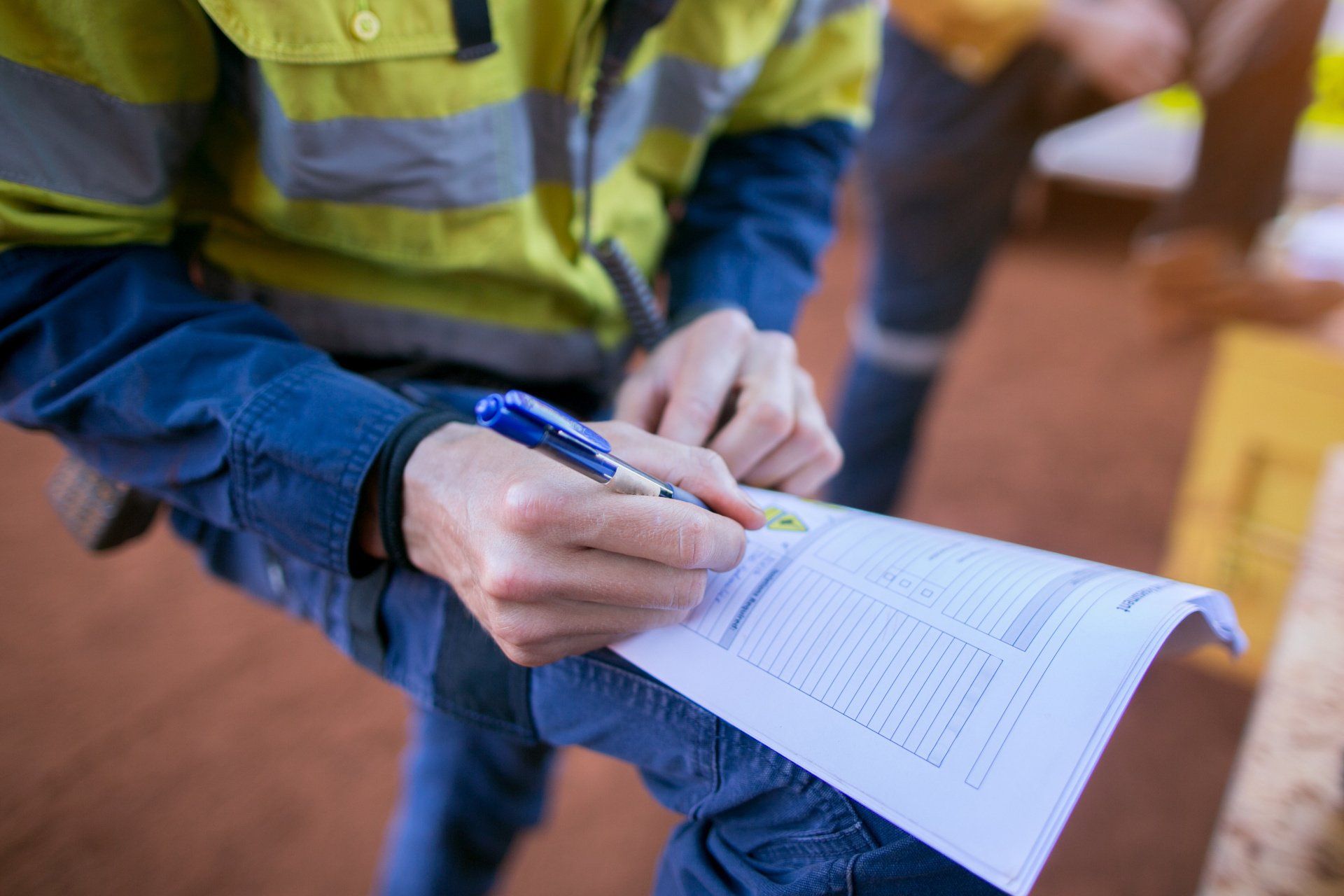
Remediation
We at Beech Group began our site remediation involvement in 1997, when we bought the rights to heavy metal treatment system Molecular Bonding System (MBS). However, since the UK did not seem ready for clean-ups, we shelved the project in 2000, instead continuing to dig and dump endlessly.
Now, we are back. We recently designed the remediation strategy for the former bus depot at Bowes Street, Manchester. Once our proposals had been accepted by the E…A… and the council, we then broke out the concrete slab, excavated the entire 2.5 hectares and cleaned the site up to become housing. Beech Group is a one stop shop for such large scale projects.
What Is Remediation?
Remediation is the reduction of contaminant concentrations in land. The aim of the majority of remediation projects is to reduce contaminants to levels which are considered ‘suitable for use’: meaning you can use your site without environmental risks. As some contaminants can have an adverse impact on human health, remediation is a vital process for securing your site.
Methods Of Remediation
Here at Beech Group, we are long-time experts in remediation processes and can handle any scope of work you need.
Our potential methods include, but are not limited to:
Thermal Desorption
A process where heat is used to remove contaminants. Because heating certain contaminants (particularly hydrocarbons, commonly found in petrol and diesel) reduces their concentrations, this can prove an effective method of remediation. As an added bonus, desorbed contaminants can potentially be recovered for re-use.
Molecular Bonding System
A remediation method designed to target and neutralise harmful metals (such as lead and mercury). It aggressively binds polluting metals and converts them into insoluble forms, significantly reducing the leaching of hazardous material from the treated area.
Requirements
As dig and dump methods of remediation are slowly becoming less practical and useful, more refined forms of remediation are an excellent option to take, particularly when sourced from a company with the history and the geo-environmental knowledge to deliver the service. Due to the hazardous nature of various contaminants and their impact on both the environment and on health, careful and professional maintaining of safe levels is crucial.
Benefits
Remediation is extremely useful for securing a safe site to develop on. As an example: if the concentration of hydrocarbons in the soil of a plot of land was identified as being too high to be safe for residential development, remediation would be a solution. In a case such as that, successful remediation of the land may be established as a condition for obtaining planning permission.




“Beech Group are a pleasure to work with and through their competency, commitment and ability to deliver successful projects will continue to be major part of demolition contracting work moving forward with Essar.”
Contact
The Foundry Business Centre,
Marcus St, Birkenhead
CH41 1EU
United Kingdom
© Copyright 2022 Beech Group Ltd. All Rights Reserved.


